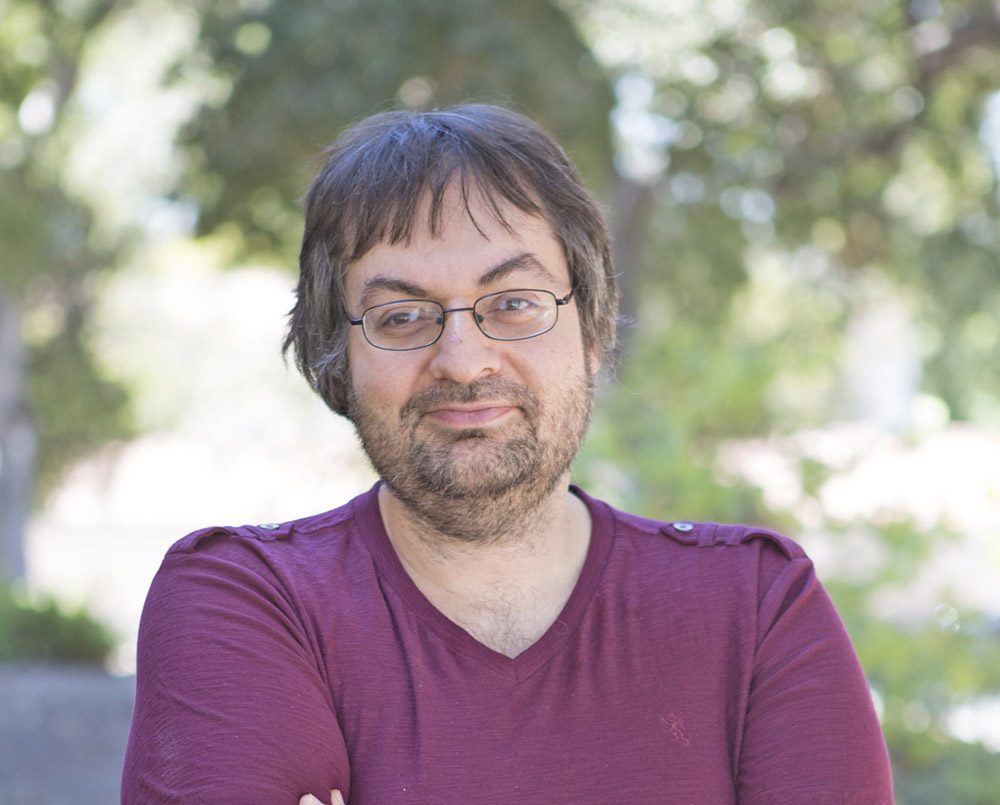NSF Supports Physics Research in Quantum Gravity
October 14, 2021
Recent research in string theory has spawned a new idea that gravity—which is tightly linked to our perception of space and time—might be an illusion, an approximate framework that is not fundamental. “Instead,” says Harvey Mudd College Professor of Physics Vatche Sahakian, “the way information intertwines in quantum mechanics might underly what we end up experiencing as space and gravity.”
The National Science Foundation has awarded Sahakian a grant to further explore this idea in his project “RUI: Weaving space with quantum entanglement, and black holes in stochastic Matrix theory.” The three-year project will use a mix of analytical and computational methods.
“One sometimes needs to perform challenging calculations that necessitate the use of high performance cutting-edge computational techniques, including the use of supercomputers,” Sahakian says. “The project’s goal is to pursue these directions while involving undergraduate students in both the computational and theoretical aspects of the work. This is an exciting direction that is currently a topic of very active research. Matrix theory is relatively unexplored in this direction, and this work is bound to complement this active area of research in an original way and push it in new directions.”
